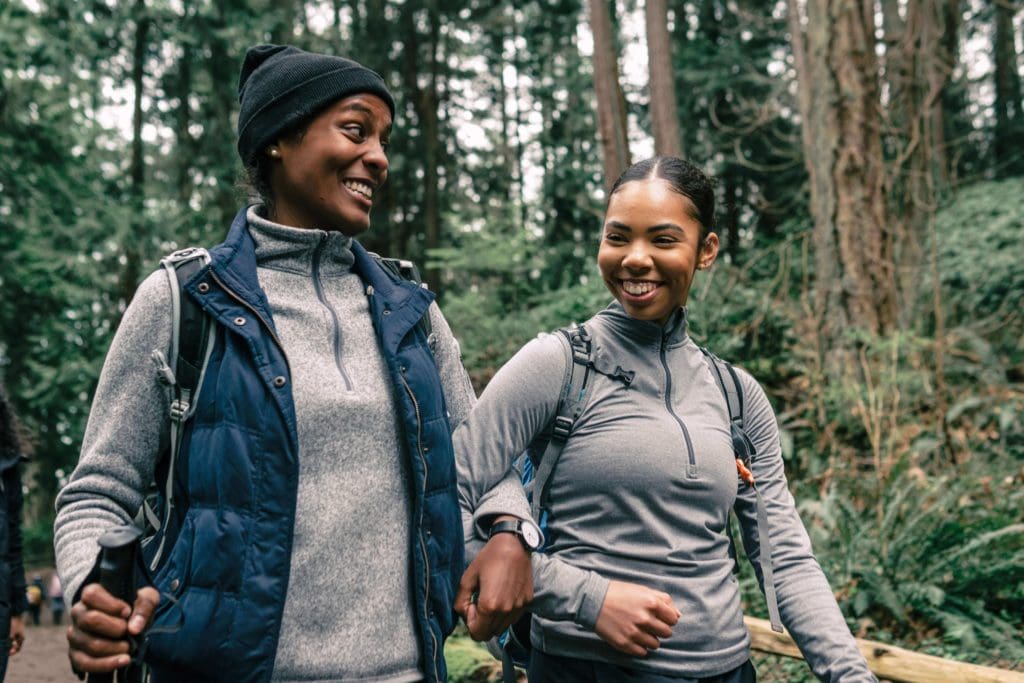
Cambridge, Massachusetts
The Cambridge City Council overwhelmingly voted to eliminate all parking minimums, making Cambridge the first city in Massachusetts to do so. City leaders listed reasons for this monumental decision to be a decline in car ownership and a need for more housing, as well as considerations for the evolving desires of those who live in the city.
San Francisco, California
A big win for housing in San Francisco happened as the city’s Board of Supervisors approved a bill to increase the number of housing units allowed on a single residential lot. Previously, these lots had been restricted to single-family units, making the city one of the most expensive in the nation. Now – four housing units, and up to six on corner lots – can be built on a single lot.
New Haven, Connecticut
On Townshend Avenue in New Haven, Connecticut, just outside of Nathan Hale School, the community is celebrating the very first raised crosswalk on a Connecticut state road. This is a huge improvement for the pedestrians in the area who had previously felt unsafe. Hopefully, this is the first of many!
New York City, New York
Can we get a round of applause for a new 4,800 square foot asphalt mural titled Rice Terraces in Manhattan on Doyers Street, between Pell and Bowery Streets?! The Chinatown Business Improvement District and artist Dasic Fernandez worked with the NYC DOT’s Arts Program to bring this stretch of road to life with color in hopes of embracing Open Streets and stewarding community engagement. More of this, please!
Andover, Connecticut
A ribbon-cutting ceremony for the Andover Center Safe Transit Initiative took place on October 15th to celebrate improved walkability. The improvements include; upgraded crosswalks and sidewalks, new trailhead, bike racks, and additional parking spaces for people with disabilities.
Philadelphia, Pennslyvania
A 2019 lawsuit comes to an end as the city of Philadelphia agrees to settle an accessibility lawsuit and plans to install or fix at least 10,000 sidewalks. This will help the city comply with the federal Americans with Disabilities Act. “Having a plan to make curb ramps more accessible will benefit many members of the disability community including people like myself, who use wheelchairs, people who use other mobility devices, and people who are blind or have low vision for years to come,” says Latoya Maddox, president of Disabled in Action of Pennsylvania.
Detroit, Michigan
Michigan and Canada came to an agreement of creating the new Gordie Howe International Bridge, scheduled to be open in 2024. The use of state trails, parks, and waterways are being used more than ever to seek space, comfort, and connection, which results in the goal of the bridge attracting tourists. Pathway users will have access to Michigan’s Iron Belle Trail, and on the other end, there is access to Canada’s Great Lakes Waterfront Trail.
Portland, Oregon
Oregon physical education teacher, Sam Balto, goes viral after successfully leading the #BikeBuses initiative. Now, over 200 kids join in on the fun of riding their bikes to school every Wednesday (with adult supervision of course). This reduces congested roads in the morning while adding physical activity for students. Relying on volunteers is unsustainable to make this a long-term project, but Balto hopes this initiative will encourage the city to invest in transportation outside of school buses to pay people to lead bikewalk buses.
Catch up on previous issues of this series by visiting our blog.